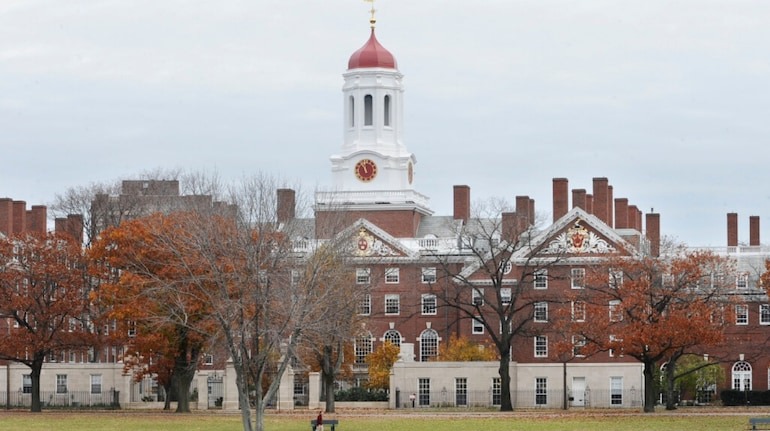
The Trump administration has initiated an expansive review of nearly $9 billion in federal aid received by Harvard University, as part of a growing push to hold universities accountable for campus antisemitism. This includes auditing $255.6 million in active contracts and $8.7 billion in long-term grants awarded to Harvard and its affiliates, including Boston-based hospitals.
The move follows a similar crackdown on Columbia University, where $400 million in federal funding was withheld over related complaints.
Antisemitism Task Force Signals Tougher Oversight
Josh Gruenbaum, a General Services Administration official and member of the new federal antisemitism task force, confirmed that consequences could include withdrawal of funds. “This administration has shown that we will act with speed to hold institutions accountable if they permit antisemitism to take root,” he stated.
The action is part of a broader campaign linking federal funding to universities' handling of campus speech and protest movements. The administration has criticized some institutions for allowing what it terms ideological extremism.
Campus Protests Trigger Federal Enforcement
The crackdown comes in response to widespread pro-Palestinian protests across U.S. campuses following the Gaza conflict. Harvard, one of 60 institutions warned by the Department of Education, now faces pressure to demonstrate it is protecting Jewish students adequately.
Columbia’s interim president recently resigned after leaked remarks undermined the university’s compliance with federal demands. The resignation came just after the school made concessions to regain access to federal funds.
Academic Institutions Fear Erosion of Autonomy
University leaders across the country have expressed alarm at the implications for academic freedom and research independence. A private university administrator warned that such political conditions on federal funding could stifle innovation and scholarly inquiry.
Harvard President Alan Garber, in a letter to the university community, acknowledged the importance of combating antisemitism but raised concerns about losing crucial research support. “We welcome the mission of fighting antisemitism,” he wrote, “but losing federal funding would jeopardize essential medical and scientific efforts.”
Wider Impact on U.S. Higher Education
Most American universities, public and private, rely on federal grants for research and student support. Agencies like the National Institutes of Health and the Department of Defense fund thousands of academic roles, from researchers to graduate students.
Some institutions have already paused hiring and admissions due to funding uncertainty. What began as a response to student protests is evolving into a wider battle over the role of politics in shaping higher education priorities.
Read More: Drones, Body-Cams, and Danger The High-Tech Fortress of Bangladesh’s 2026 Election

 Share
Share



